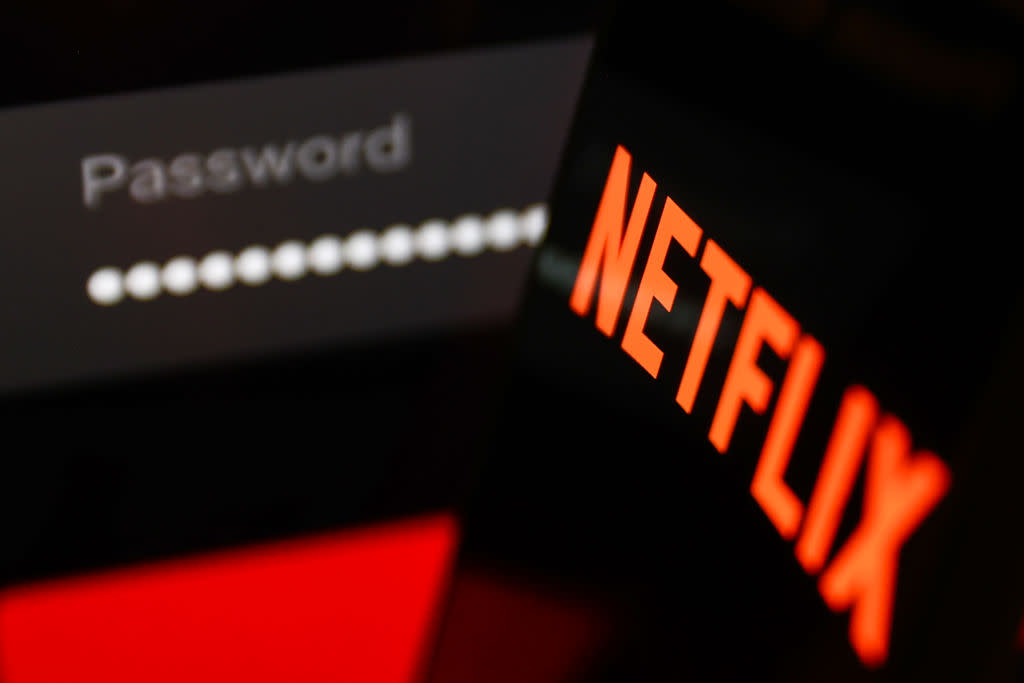The daily business briefing: October 19, 2023

1. Netflix password-sharing crackdown pays off
Netflix said Wednesday its ongoing crackdown on password sharing boosted subscriber growth in the third quarter. The streaming-video giant reported a 9% year-over-year increase in paid subscriptions, adding 8.8 million subscribers from July through September compared to 2.4 million in the same period last year. Netflix said it was raising the price of its premium ad-free plan in the United States by $3 a month, to $22.99. Advertising tier plans were up 70% compared to the second quarter and are still growing. The company's stock jumped 12% in overnight trading. Overall, U.S. stock futures were little changed early Thursday as earnings season continued. CNN, CNBC
2. Price cuts dent Tesla profits
Tesla reported Wednesday that its third-quarter profit fell 44%, more than analysts had expected. The decline was partly due to Tesla's deep price cuts to boost sales. Revenue rose 9% to $23.4 billion as Tesla continued to deliver more of its electric vehicles, although analysts had predicted stronger growth. High operating costs associated with projects such as the automaker's delayed Cybertruck pickup also hurt the bottom line. Tesla said it was now on track to start Cybertruck deliveries Nov. 30, four years after it unveiled the futuristic-looking electric pickup. The company's previously industry-leading profit margin fell from 17.2% a year ago to 7.6%, in line with other automakers. The Wall Street Journal
3. Workplace health insurance premiums rise
The annual cost of workplace family health insurance coverage paid by employees and their companies jumped 7% this year to an average of nearly $24,000, according to the KFF Employer Health Benefits Survey released Wednesday. Employees now pay an average of $6,575 for their share of the premium, up nearly $500 (roughly 8%) from 2022. Companies pay the rest. Coverage for single workers jumped 7% to $8,435 a year, with workers paying more than $1,400 of that, up $75. The increases were roughly equal to the rise in wages and inflation, and far smaller than the double-digit increases of the early 2000s. KFF Health News, CNN
4. US eases Venezuela oil, gas, gold sanctions
The Treasury Department on Wednesday said it had suspended some sanctions on Venezuelan oil, gas and gold production after the government of President Nicolas Maduro and opposition leaders agreed to a roadmap to free elections, Bloomberg reported. The department issued a six-month license authorizing transactions involving the South American nation's oil and gas sector, and a second general license authorizing trading with state-owned gold mining company Minerven. Treasury also lifted a ban on trading some Venezuelan bonds and debt issued by Petroleos de Venezuela (PdVSA), the state oil company. Bloomberg
5. US household net worth jumped during pandemic
The average American family's net worth increased by 37% between 2019 and 2022 despite the economic turmoil of the Covid-19 crisis, according to a Federal Reserve survey released Wednesday. Pandemic stimulus checks, rising stocks and soaring home values contributed to the gains. The 37% rise in median household wealth during the period, after adjusting for inflation, was the largest jump since the Fed started conducting the annual survey in 1989. During the same three-year period, inflation-adjusted median family income increased 3%. Not everyone benefited. More than a quarter of families said their income was lower or significantly lower than usual. NPR, The New York Times

